Gut Health
Good gut health is key to overall well-being, supporting digestion, nutrient absorption and immunity. If you experience bloating, gas, diarrhoea or constipation, our expert team is here to help guide you towards better gut health.You can request your preferred location when you contact us.
As a leading digestive clinic in Kent, we specialise in the prevention, diagnosis and treatment of gut-related conditions. Our expert consultants help patients understand and improve their gut health through advanced diagnostics, endoscopy services and personalised care.
Why is gut health important?
The gut plays a crucial role in digesting food, absorbing nutrients, and eliminating waste from the body. A healthy gut is essential for maintaining overall well-being and preventing various health issues such as digestive disorders, autoimmune diseases and inflammation. The gut is home to a complex ecosystem of microorganisms, known as the gut microbiome, which plays a key role in regulating immune function, metabolism, and brain health.
What are the signs of an unhealthy gut?
- Chronic digestive issues such as bloating, gas, diarrhea, or constipation
- Persistent food intolerances or sensitivities
- Frequent fatigue or low energy levels
- Unintentional weight changes
- Skin problems like eczema or acne
- Mood swings, anxiety, or depression
- Weakened immune system leading to frequent colds or infections
If you are experiencing any of these issues, please book an appointment with us so that we can help you improve the health of your gut.
How to improve your gut health?
Improving your gut health is essential for overall well-being and digestion. It’s important to speak to one of our specialists before making lifestyle changes as they can guide you down the right path to improving your gut health.
- Focus on your nutrition and diet
- Incorporate more fibre-rich foodsinto your diet: fruits, vegetables, whole grains, and legumes
- Eat probiotic-rich foods like yogurt, kefir, and sauerkraut
- Avoid processed foods, excessive sugar and artificial sweeteners
- Stay hydrated
- Get regular exercise
- Manage stress
- Get enough sleep
How does gut health impact immunity?
Gut health plays a critical role in immunity, as approximately 70-80% of the body’s immune system is located in the gut*. The gut microbiome helps to regulate immune function by interacting with immune cells and producing compounds that help to promote a healthy immune response. When the gut is imbalanced or inflamed, it can affect immune function and increase the risk of infections, autoimmune diseases and other health conditions.
Locations
You can see our gut health experts at any of our facilities below. If you need an operation, this will be carried out at The Gut Health Centre, Kent.
KIMS Hospital, Maidstone
Find out more about the facilities available at KIMS Hospital.
Sevenoaks Medical Centre
Find out more about Sevenoaks Medical Centre, our consulting and diagnostic facility for patients in West Kent.
LycaHealth Orpington
Find out more about LycaHealth Orpington, our consulting and diagnostic facility for patients in London.
Gut Health FAQs
What is the gut microbiome?
The gut microbiome is a collection of tiny organisms that live in your digestive system. These organisms help with digesting food, absorbing nutrients, and supporting your immune system. Research shows that the health of your gut microbiome is important for overall well-being. Imbalances in the gut microbiome can lead to health problems.
If you’re having issues with your stomach or digestion, please schedule an appointment to discuss your gut health.
We would love to see you, book online today.
Is fibre important for the digestive system?
Fibre is incredibly important for the digestive system. It helps to support regular bowel movements by adding bulk to the stool and promoting healthy digestion. Fibre also helps to keep the digestive system running smoothly by preventing constipation.
Additionally, fibre can help to regulate blood sugar levels, lower cholesterol and aid in weight management. It is recommended that adults consume at least 30g grams of fibre per day* to support optimal digestive function.
*NHS
How does diet, sleep and stress effect the gut?
Diet:
- The foods we eat directly impact the health of our gut microbiome.
- A diet high in processed foods, sugar and lack of fiber can negatively affect the balance of good and bad bacteria in the gut.
- Consuming probiotic-rich foods like yogurt and vegetables can promote a healthy gut.
Sleep:
- Lack of sleep can disrupt the balance of hormones that regulate gut health.
- Poor sleep can weaken the immune system, leading to inflammation in the gut.
- Getting enough restful sleep is essential for proper digestion and nutrient absorption.
Stress:
- Chronic stress can lead to increased inflammation in the gut.
- Stress hormones like cortisol can damage the gut lining, leading to leaky gut syndrome.
- Managing stress through relaxation techniques like meditation and yoga can help support a healthy gut microbiome.
What is leaky gut syndrome?
Leaky gut syndrome is a condition where the lining of the digestive tract becomes damaged and allows harmful substances like toxins and bacteria particles to leak into the bloodstream. This can lead to inflammation, food sensitivities and other health issues. Some common symptoms of leaky gut include bloating, fatigue, headaches and skin problems.
If you are worried you may have leaky gut, please speak to your GP or book an appointment with us online.


Gut Health Clinic in Kent
We understand the impact that digestive issues can have on your daily life, which is why we are committed to providing personalised care and ongoing support to help you manage your condition effectively. Our team is dedicated to helping you achieve better gut health and overall wellbeing.
If you are experiencing symptoms, please don’t hesitate to contact us to schedule an appointment. We are here to provide the expert care and guidance you need to improve your gut health and quality of life.
We are proud to have received JAG accreditation, recognising our high standards in quality, safety, patient experience and workforce excellence.
- Make a general enquiry
- Appointment enquiry
Our team are on hand to help answer any queries you might have about coming to KIMS Hospital or Sevenoaks Medical Centre. You can use the form below and one of our team will be in touch. Alternatively to speak to a member of our team, please call 01622 237 727.
Enquiry hours are Mon-Thurs 8am-8pm, Fri 8am-6pm and Saturday 8am-4pm.
If you would like to book an appointment, you can use the form below and one of our team will be in touch.
Alternatively to speak to a member of our friendly team, please call 01622 237 500 between Mon-Thurs 8am-8pm, Fri 8am-6pm and Saturday 8am-4pm.
Please be aware, if you are requesting a diagnostic scan such as an MRI, or CT, you must have a referral from a relevant clinician or Allied Health professional such as a physiotherapist.